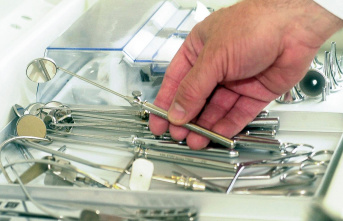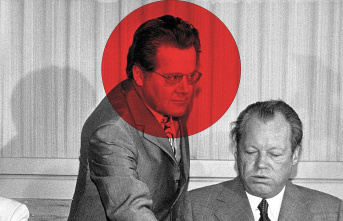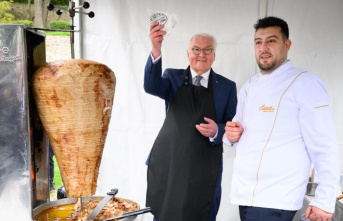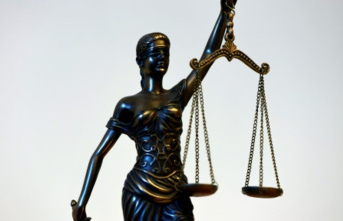BEIRUT -- On Tuesday, the U.S. diplomat mediating between Israel and Lebanon over their maritime boundary dispute met with Michel Aoun, President of Lebanon, in Beirut to discuss ways to reach a solution amid increasing tensions at the border.
Amos Hochstein is a senior advisor for energy security at U.S. State Department. He arrived in Beirut Monday after being invited by the Lebanese government. After Israel had set up a gas station at the Karish field in its U.N.-recognized economic zone, Israel invited Hochstein to visit Beirut. Lebanon insists that it is not in a disputed region.
Hezbollah, an Iran-backed militant group in Lebanon, has been exchanging threats with Israel. Last week, Hezbollah's leader warned that he would strike Karish's gas rig. Hezbollah has stated repeatedly that it will use its weapons to defend Lebanon's economic rights.
Aviv Kochavi, the Israeli army chief, threatened Lebanon with "unprecedented bombardment" and said that a war in the future would be very costly.
Due to disagreements in Lebanon about the size of the disputed territory, U.S.-mediated indirect negotiations between Israel and Lebanon have been stopped since last year.
Officially at war since 1948's creation of Israel, the two countries claim 860 km (330 miles) of the Mediterranean Sea. As it struggles with its worst economic crisis, Lebanon wants to increase offshore oil and natural gas production.
Last year, the Lebanese delegation at the talks -- which included a mix army generals as well as professionals -- presented a new map that calls for 1,430 km (550 miles) more Lebanese territory.
After his meeting with Prime Minister Najib Mikati and President Michel Aoun, Hochstein did not speak to journalists. Lebanese media reported that Aoun was ready to give Israel complete control of Karish field in exchange for Lebanon receiving the Qana fields, which stretch deep into the disputed region.
Hochstein presented a proposal to Lebanon to give more than half of the disputed territory to Lebanon to officials during a February visit to Lebanon. The proposal was not accepted by Lebanon.
Stephane Dujarric spoke for the U.N. Secretary General and said that the U.N. could "work with both parties to find a solution through dialogues, through discussions between both sides."
The maritime border dispute has been a matter of contention for more than ten years. In 2012, Lebanon rejected the American proposal to get 550 km (212 miles) of maritime border, which would have given Israel almost two-thirds of the area.
This offer was later known as the "Hoff Line" after Frederick Hoff, a U.S diplomat who was acting as a mediator between the two countries at that time.












